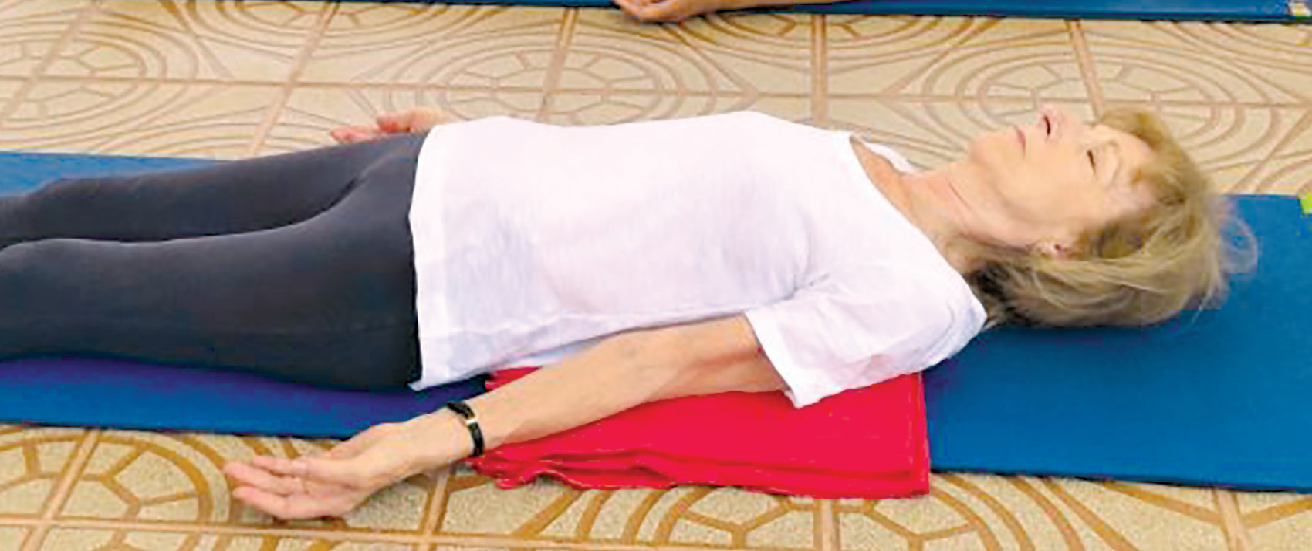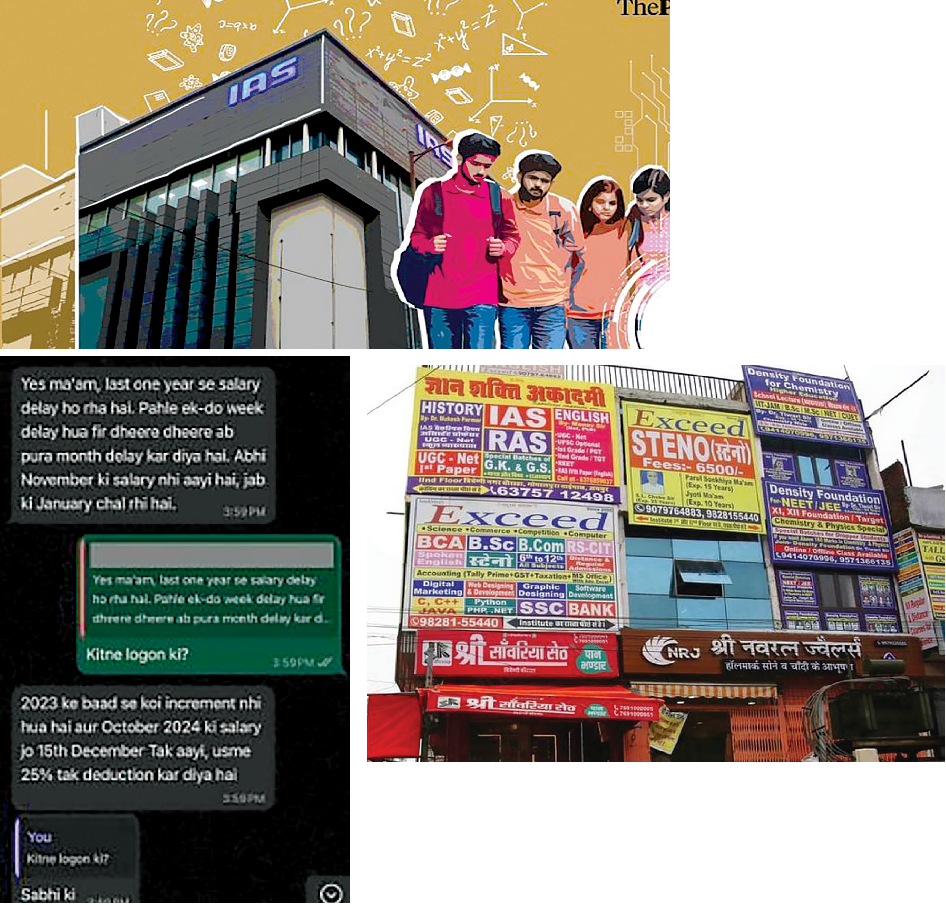
Growing up off Campus
The closure of most colleges and schools — before even properly opening — is making some students and parents long for old school learning
By Rachana Arun:
During the early or initial stages of academic learning, an individual’s thoughts and expressions are formed. The interruption of this socialisation process is a loss inversely proportional to the age of the child. The younger a child, the higher the loss. Younger children need more personalised learning and guidance. Then, the loss of learning is highest for children from low and middle socio-economic strata.
UNESCO has indicated that every month away from school results in two months of cumulative learning loss. It will not be an exaggeration to say that today every child is a few notches below their potential. And that is a worrying issue.
Students miss out on their campus life. From hanging around in the college canteen to working on projects with classmates. For almost two years students have been missing out on regular student life. Garvit, a student of engineering studying in the final year of mechanical engineering, finds it difficult to understand technical concepts over online classes. “I am also unable to practice in labs and do practical work. This will pose a difficulty for me, especially while applying for jobs when they will ask technical questions,” says he.
Some parents can afford to secure other modes of education for their children. But students from economically backward classes depend exclusively upon schools. Despite paying an entire year’s fee parents complain that their students aren’t getting the benefits of a complete classroom education. The students are not just missing out on theirampus life but also missing out on different levels of understanding and grasping skills. “I am pursuing my BBA second year. Certain concepts need to be discussed in groups to get different viewpoints and analyse case studies, which can effectively be done in a physical class rather than on an online platform. I am a person who cannot understand and grasp things over an online platform,” says Purusharth, a management student.
But at the same time, certain students also feel that the decision to shut down schools has favoured them. For students who are passionate about extracurricular activities, this shutdown has proved to be beneficial for them to learn and practice their skills. “A lot of people feel that schools need to be reopened but I feel that it is better this way. It gives me the time and energy to practice skating, which I am passionate about. I am appearing for my all-India selections very soon. During school, it becomes hectic and stressful for me to practice and as well as attend school, do homework, etc,” says Rhea, a class tenth student.
Parents have raised concerns over the irregularities of switching to different modes of classes. A certain set of parents also feel the need to have offline classes to enhance their child’s holistic health. “I feel it is essential for schools to conduct offline classes. From the perspective of learning, schools are much more than buildings and cannot be replaced with virtual classrooms. Holistic learning is not merely about being taught from textbooks but about physical, mental, social, and emotional development. When interacting with each other, children learn communication, negotiation, language, interpersonal and social skills, and this helps their physical and emotional well-being,” Mithila Arun, a parent.
 English daily published in Bengaluru & Doha
English daily published in Bengaluru & Doha






